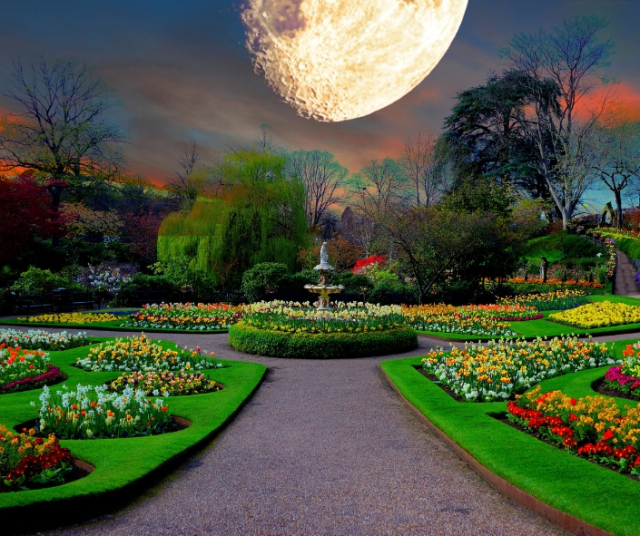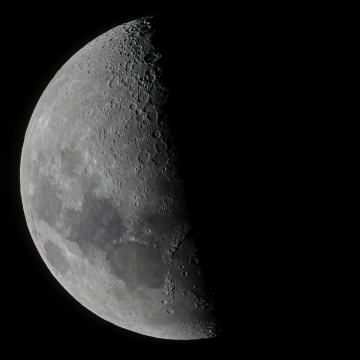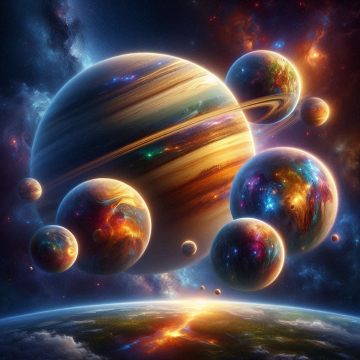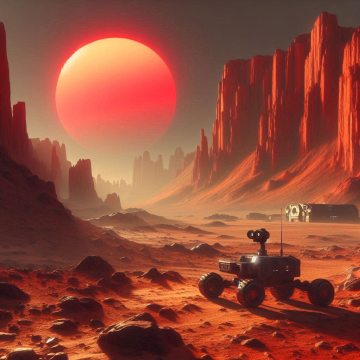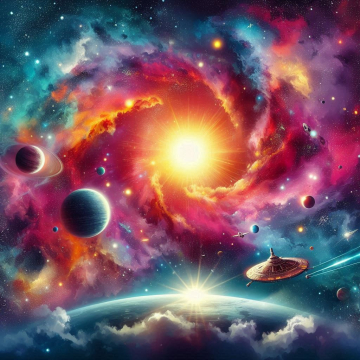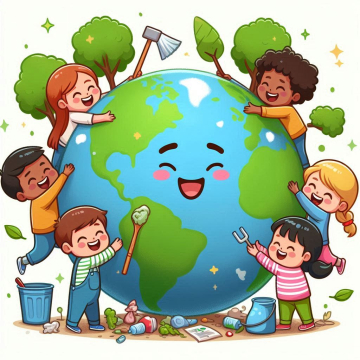The moon has been a source of fascination and mystery throughout human history. From popular beliefs about its effects on our emotions to theories about how it influences the tides, the moon has featured prominently in our culture and our understanding of the world around us. But what about the moon's influence on gardening? Is it just another myth or is there some truth to it?
The Moon and Agriculture: An Ancient History
The connection between the moon and agriculture is a story deeply rooted in ancient human history. From the earliest civilizations to the most advanced cultures, moon observation has been a central element in the planning and development of agricultural activities. This ancient relationship is based on the observation that the lunar phases and movements of the moon appear to have an impact on plant growth and crop productivity.
One of the most notable civilizations that practiced lunar agriculture was the ancient Egyptian civilization. The Egyptians kept detailed records of the lunar phases and their influence on agriculture, and developed specific calendars for planting and harvesting that took into account the positions of the moon and stars. They also observed that the annual flooding of the Nile, vital for their agriculture, was closely related to the phases of the moon.
The Babylonians, another ancient civilization, also meticulously recorded observations of the moon and its effect on agriculture. They used cuneiform tablets to keep track of astronomical events and developed lunar calendars specific to their agricultural activities.
As history progressed, other cultures around the world also became interested in the moon's influence on agriculture. Native Americans, for example, followed lunar calendars for planting and hunting, while in India, Vedic astrology took into account the phases of the moon in agriculture and agricultural decision-making.
The idea that the moon can affect plant growth is based on several astronomical and scientific factors:
Lunar Gravity
One of the main arguments is that the moon's gravity affects Earth's groundwater, just as it does the tides in the oceans. This could have an impact on water uptake by plants, especially plants with shallower root systems.
Moon phases
The lunar phases, which include the new moon, crescent moon, full moon and waning moon, are believed to have different effects on plant growth. Some argue that the waxing and full moon phases are conducive to the growth of the above-ground parts of plants, such as stems and leaves, while the waning moon phases are ideal for the growth of roots.
Moonlight
Moonlight is also a factor that has been considered in the moon's influence on plants. Some research suggests that moonlight can stimulate certain metabolic processes in plants, although these effects are much more subtle than those of sunlight.
Traditions and Myths
Over the centuries, numerous traditions and myths related to lunar gardening have developed. These myths have influenced the way many people plan their gardening activities. For example, planting during a waxing moon is believed to result in stronger, healthier plants.
Does it really work?
The question many gardeners ask is whether these concepts have a solid scientific basis. The answer is that while there is some evidence to support the moon's influence on gardening, this influence is, for the most part, quite subtle and difficult to measure.
Scientific studies
Some scientific studies have investigated the relationship between lunar phases and plant growth, but the results are inconclusive. While some differences in plant growth depending on lunar phase have been observed in some studies, these effects are typically small and difficult to replicate consistently.
Environmental factors
Additionally, the moon's influence on gardening can be overshadowed by other, more significant environmental factors, such as temperature, humidity, soil quality, and availability of sunlight. These factors have a much greater impact on plant growth than the lunar phases.
Anecdotes and Personal Experiences
Many gardeners claim to have had success following lunar gardening guidelines, but these claims are often based on personal experiences and can be influenced by cognitive biases. It is important to remember that personal perception of success does not always translate into scientifically sound results.
Practical Tips for Moon Gardening
If you're interested in trying moon gardening, here are some handy tips to keep in mind:
- Observe the Moon Phases: Keep track of the moon phases and how they correlate with your gardening activities. This will allow you to evaluate if there is any influence on your plants over time.
- Experiment: Don't be afraid to experiment with moon gardening, but be sure to do it systematically. For example, you can plant one group of plants during a waxing moon and another group during a waning moon and compare the results.
- Pay Attention to Other Factors: Remember that the influence of the moon is just one of many factors that affect plant growth. Be sure to pay attention to other important factors, such as watering, nutrition, and general care of your plants.
- Keep a Journal: Keeping a gardening journal can help you track your experiments and observations over time. This will allow you to make more informed decisions in the future.
Throughout history, various civilizations have observed and recorded the influence of lunar phases on plant growth and crop production. However, despite these long-held beliefs, modern science has failed to provide conclusive evidence that the moon has a significant impact on gardening.
While there are arguments based on lunar gravity, lunar phases, and lunar light, scientific studies have yielded inconsistent results and mostly small effects that are difficult to replicate consistently. Environmental factors and general plant care seem to have a much greater impact on their growth than moon phases.
